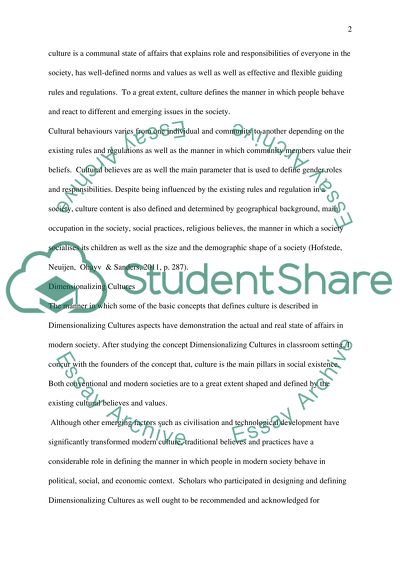Cite this document
(The Definition of Culture in Different and Distinctive Ways Assignment, n.d.)
The Definition of Culture in Different and Distinctive Ways Assignment. Retrieved from https://studentshare.org/social-science/1404197-reflective-diary
The Definition of Culture in Different and Distinctive Ways Assignment. Retrieved from https://studentshare.org/social-science/1404197-reflective-diary
(The Definition of Culture in Different and Distinctive Ways Assignment)
The Definition of Culture in Different and Distinctive Ways Assignment. https://studentshare.org/social-science/1404197-reflective-diary.
The Definition of Culture in Different and Distinctive Ways Assignment. https://studentshare.org/social-science/1404197-reflective-diary.
“The Definition of Culture in Different and Distinctive Ways Assignment”, n.d. https://studentshare.org/social-science/1404197-reflective-diary.


